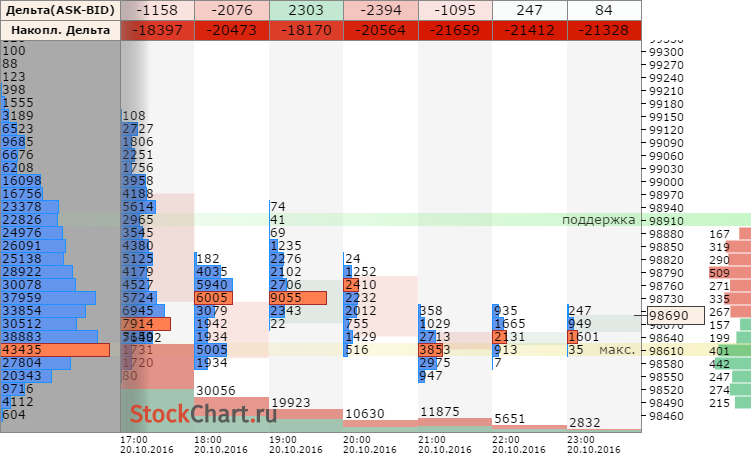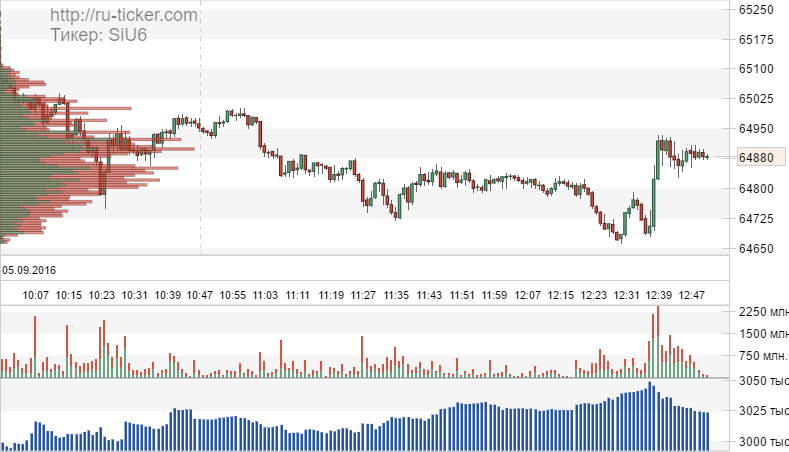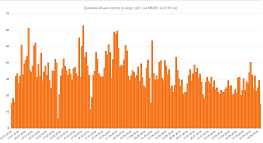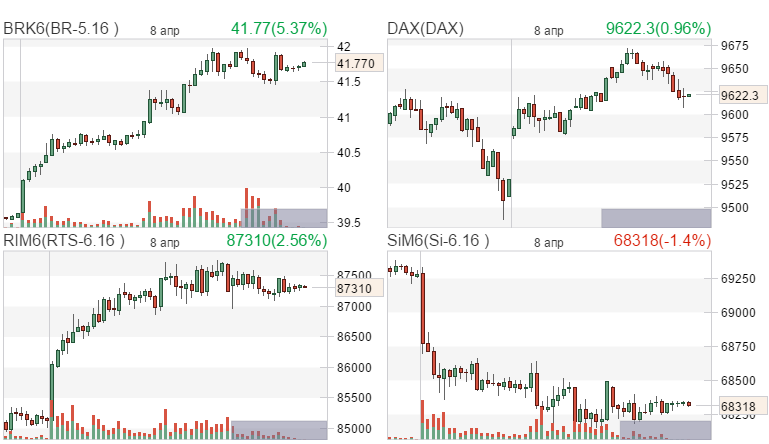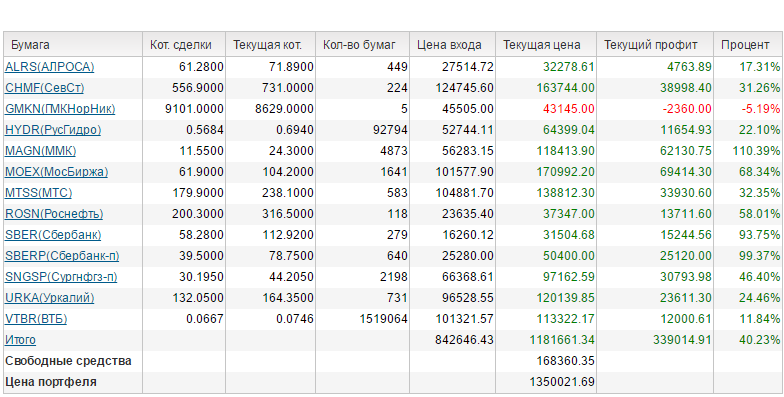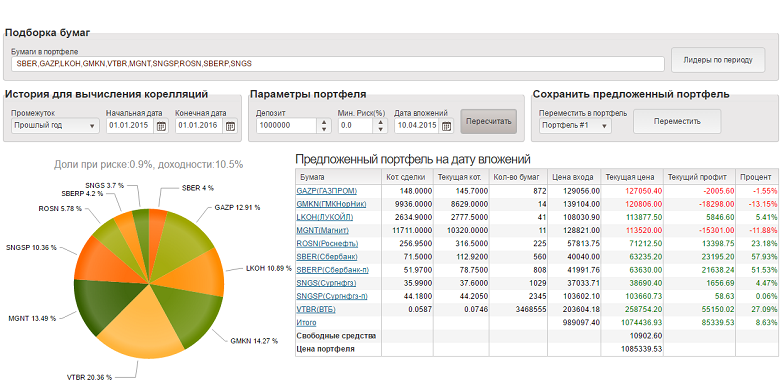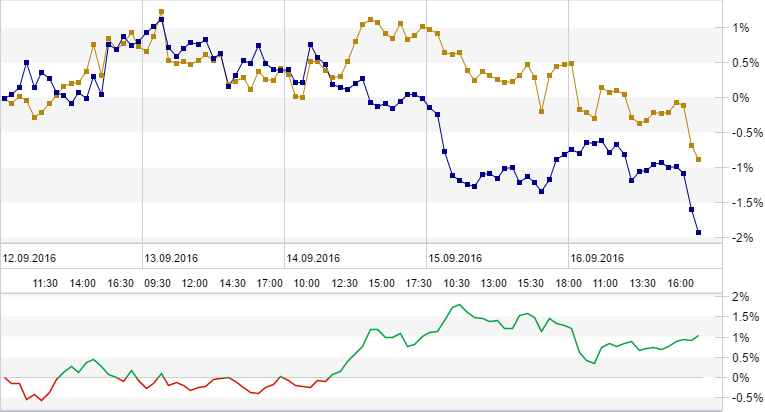 |  |  | |||||||||||
 |
|
||||||||||||
 |  |  | |||||||||||||||
 |
|
||||||||||||||||

Техническая поддержка
ONLINE
 |  |  | |||||||||||||||||
 |
|
||||||||||||||||||
How Negative & BiPolar Ionizers Clean Your Air & Surfaces
ruticker 04.03.2025 15:25:11 Recognized text from YouScriptor channel IonizerIons 🍉
Recognized from a YouTube video by YouScriptor.com, For more details, follow the link How Negative & BiPolar Ionizers Clean Your Air & Surfaces
# How Negative and Bipolar Ionizers Clean Your Air and Surfaces ## What Are Air Ionizers? Air ionizers are devices that electronically recreate the same air molecules found in nature. They charge air molecules that already exist in your space, and these ions clean both your air and surfaces. ## Differences Between Negative and Bipolar Ionizers - **Negative Ionizers**: - Remove some radiation and particulate matter. - Improve your health. - **Bipolar Ionizers**: - Remove some gases, particularly volatile organic compounds (VOCs). Both types remove allergens, bacteria, mold, viruses, and nitrogen dioxide. Technically, both types of ionizers will remove all the pollutants mentioned, but they aren't necessarily efficient at it. Hence, I recommend using both. **Note**: Always open your windows for a few minutes every day for fresh air and CO2 reduction, regardless of the purification devices you use. ## How Are Ionizers Tested? The electrical field is very important. The ions are carried in a current that's a wave; it's not a particle or a gas. The total ion density is crucial because some ionizers hardly emit any ions that travel far. The emission frequency is also significant—how often the ions are emitted from the ionizer makes a big difference in the rate of emission. Factors such as the longevity of ions, the reliability of the ionizer, and the size and mobility of the emitted ions are also important. This is why companies invest heavily in research and development. **Note**: The ion modules you find inside HEPA purifiers are not real ionizers; they have very low ion density and field strength. The module itself might cost less than one dollar—it's a gimmick. A Blueair purifier also does not contain a real ion module and operates completely differently from a normal ionizer. HVAC ionizers clean the air but only when turned on and only for the air inside the vents; they do not clean the air in your room in real time. I still recommend these devices, but they don't work as well as an ionizer inside your room. ## Air Ions Removing Particles As particles approach the ionizer, the ions attach to them, causing these particles to fall to the floor. **Are you going to accumulate more dust with the ionizers?** Nope! The average home creates over 40 pounds of dust in a year. We're always cleaning and vacuuming. Ionizers do not increase dust; instead, ionization causes dust particles to stick together, making cleaning much easier. My personal experience was with a HEPA purifier, and then I switched to a negative ionizer. After just one week with the HEPA purifier, I had to clean up dust once a week. When I switched to using ionizers, I had to clean up dust much less often. This was surprising to me; the ions simply work much quicker and better. ## Air Ions Removing Gaseous Molecules As the gas approaches the ionizer, the ions attach to the gas and vaporize it. These gaseous molecules could be nitrogen dioxide, volatile organic compounds, or smoke. Not all gases are amenable to ionization, but many common ones found indoors are. My personal experience with a carbon filter and a bipolar ionizer showed that after just one week, the carbon filter removed gases very poorly. The first pass rate of many gases for common carbon filters is far too low. You won't have to open the window with a bipolar ionizer; it vaporizes the same gases as soon as they touch the ions. ## Air Ions Deactivating Surface Viruses, Bacteria, Mold, Dust Mites, and More Ions don't just clean the air; they also clean surfaces. If you use an ionizer, you will have less mold on your walls. It's surprising that this isn't more common knowledge because who wants mold? ### Negative Air Ionizer Density Across the Room The further you are in the room, the fewer ions you'll have. The drop-off is significant, but it really depends on the cleanliness of your air. If it's clean, the ions will travel farther; if it's not, the ions will get knocked out quicker. This is a good thing because it means ions are cleaning your air. ### Bipolar Air Ionizer Density Across the Room The same concept applies here, but with bipolar ionization, the ions cancel each other out much easier and quicker because positive and negative ions neutralize each other. Therefore, they may not reach as far. ### Air Ionizer Field Strength Across the Room Field strength refers to the electrical current that the ions travel in. It's much stronger near the ionizer, and the further you go away, it drops off drastically. The ionizer will always clean best near the device. Field strength applies to both negative and bipolar ionizers. ### Air Ions Activating Viruses When the ion attacks the surface of a virus, the cell membrane is damaged, and therefore the virus is deactivated. An air ion does this while the virus particle is still in the air. The more ions you have, the quicker and more efficient they are at deactivating virus particles in the air. ### Air Ions Deactivating Allergens Ions will deactivate an allergen while it's in the air. When ions hit the allergen, it causes a reaction that prevents the allergen from bonding with your body. The more ions you have, the fewer allergens there are in the air. ### Placement of Ionizers Place both negative and bipolar ionizers within the same room, but be careful about their placement. Negative ions are better for particles, while bipolar ions are better for gases. Avoid placing them right next to each other, as ions will cancel each other out. For example, if my neighbor is smoking, I want a bipolar ionizer near the window to neutralize the gases before they enter my room. ### Conclusion The more ions you have, the better, quicker, and more thorough the job will be. If you don't have enough ions, it won't clean everything you want, so be careful about where you place them and how many you have. Ionizers actually reduce ozone levels in my home drastically. Why? Because ions attack volatile organic compounds before they have a chance to turn into ozone. For more detailed information, read my articles at [ionizerions.com](http://ionizerions.com). Let me know if you have any questions. Thank you for watching!
Залогинтесь, что бы оставить свой комментарий

